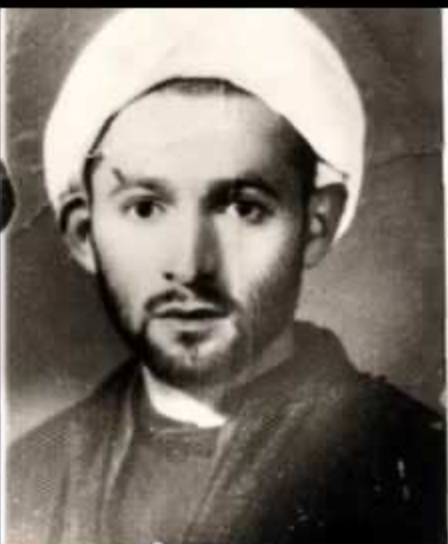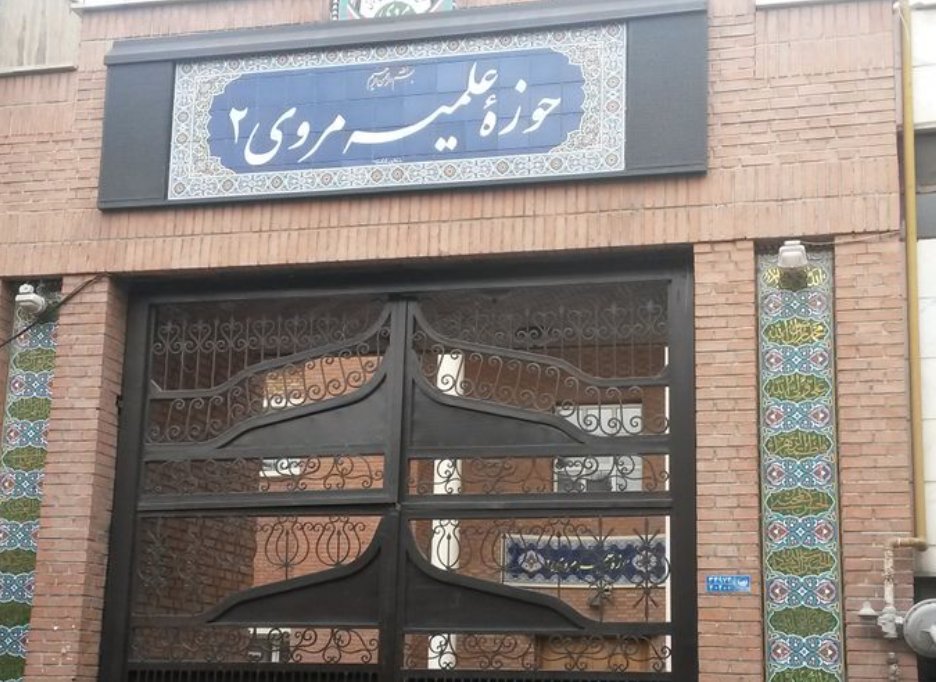The Hungarian Academy of Sciences is a lovely building on the Danube in the heart of Budapest and they have a pretty decent collection of #Arabic #Persian and #Turkish manuscripts mta.hu/english 1/
@Brill_ME_Africa have published the catalogues of the #Arabic and #Persian collections brill.com/view/title/381… 3/
From my perspective these texts are interesting: Arab O.37 Hashiya of Muhyi al-Din Muhammad b. Ibrahim Khatibzade (d. 901/1495) on Jurjani’s Hashiya on Sharh al-Tajrid of Isfahani - a large gloss of 277 folios on metaphysics of a famous theological text 4/
Arab O.158 Hashiya of Mirzajan Baghnawi (d. 994/1586) on Risala qadima of Davani (d. 1504) on Ithbat al-wajib that seems to discuss mainly whether one can formulate #Avicenna famous argument w/o assumption of impossibility of #infiniteregress in 40 folios 5/
They also have an incomplete (at end) copy of the ps-Aristotelian #Theology #Uthulujiya Arab O.19 copied probably 18th C in Isfahan in nasta’liq 6/
Perzsa O.30 is a very interesting short text of Muhammad b. mas’ud Mas’udi (d. After 550/155) called Jahan-e danish incomplète at beginning and on celestial and earthly bodies in 5 chapters studied by Hasan Ansari ansari.kateban.com/post/2220 7/
Perzsa QU.9 is a wonderful collection with Risala ‘aliyya of Kashifi (it reads in a v #Shii way) and Masabih al-qulub of Hasan Shii Sabzavari commentaries on hadith which was published by Miras-e Maktub 8/
I didn’t look at the Turkish material but I hear they have a good copy of the #Diwan of Shah Ismail 9/
• • •
Missing some Tweet in this thread? You can try to
force a refresh
















